
This guide is aimed at first-time home buyers in London.
Why buy a house in London instead of renting?
I moved to London in my early 30s and had spent my entire adult life renting and having housemates. I was fine with renting as it gave me flexibility. I liked the apartments and locations, and I didn’t mind housemates until I lived with my colleague at the time.
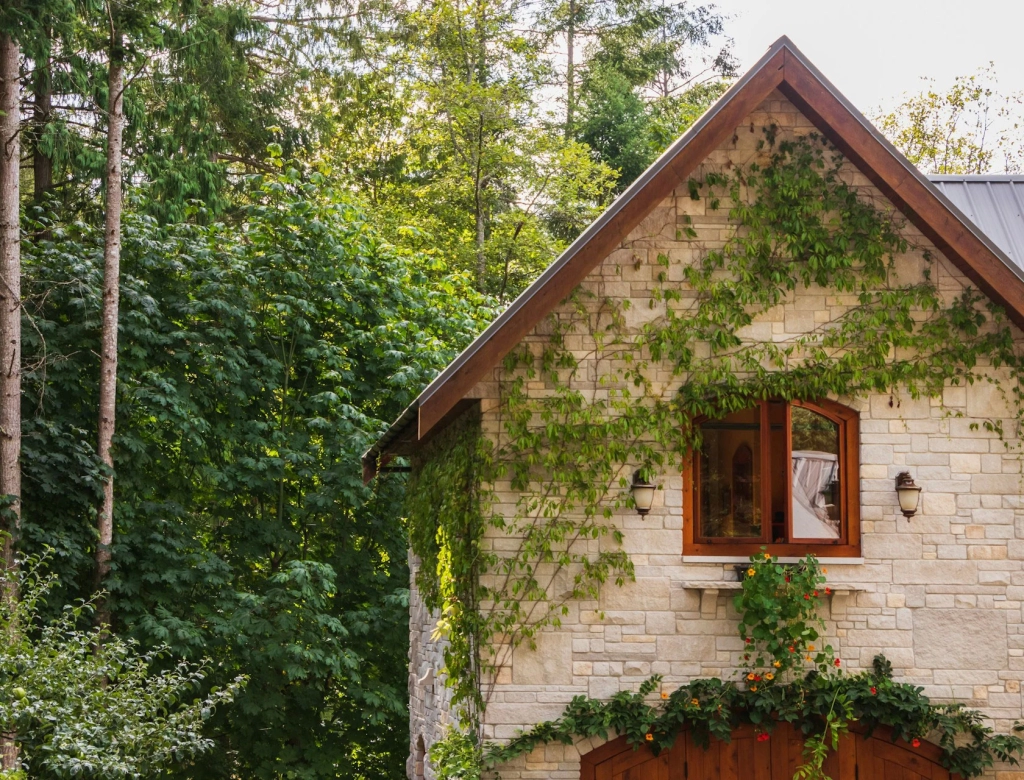
In fact, I always enjoyed having housemates and made sure to live with people I considered friends and who in a way felt like a surrogate family when you’re an expat in a new city. I had a vague understanding of the concept of the “property ladder” and that you should get on it, but I never really thought about it much. For example, why was it called a ladder? Because if all property prices went up, you could sell for a higher price but everything else you wanted to buy would also be more expensive, so what’s the rush? (Plus, I was still saving up and couldn’t have bought a house any sooner even if I wanted to.)
Back when I was living with just one housemate, rents for apartments in West London were around £1300-£1700 a month (mind you this is 5-10 years ago now, I don’t know what rents are like now). I’d moved apartments about 3 times in 5 years because my circumstances changed each time.
I thought to myself, what’s the difference between paying rent and paying a mortgage?
You might think I’m thick, but honestly, I didn’t fully understand the benefits of a mortgage and the “ladder” part of the property ladder until I got a mortgage. You see, I hadn’t realized that yes, you might be paying the same amount each month towards a repayment mortgage, but the difference is that only £500 of that total amount (depending on the interest rate you get, more on that later) is interest and therefore money you will never get back.
But the rest of it is going towards paying off the house. So when you sell the house, that money goes into your pocket (or becomes a deposit for a bigger house)! When you rent, you get none of that money back.
And yes, you also have to pay more for maintenance on your own house. I don’t mean fancy stuff like decorating, but boring things like “having the boiler serviced again” or “replacing the roof” which will cost a few thousand pounds anyway (you need to save up for these costs, more on that later too). But hopefully your house price will also increase over time, so it’s like saving with interest, and if the housing market is in your favor, you might make a “better” return on your “investment” than you would just saving money in a bank account and watching it lose value due to inflation.
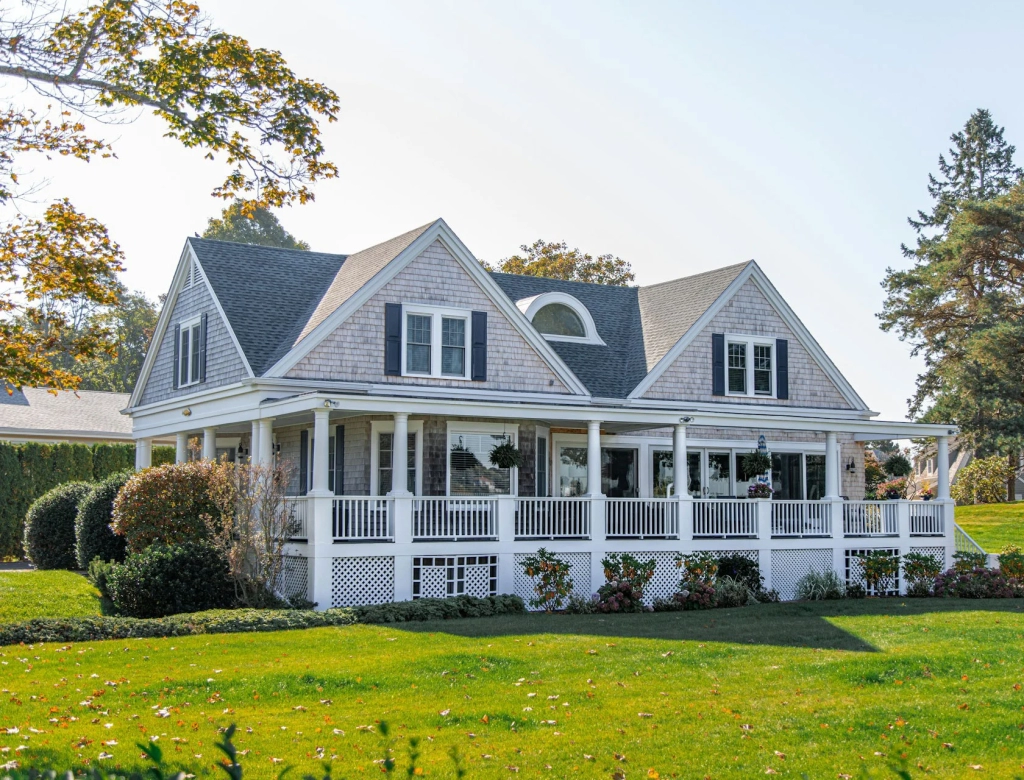
When is the best time to buy home in London?
Obviously, I’m not a financial advisor or a housing expert. I can’t tell you when the best time to buy home in London is or how to save for a deposit. But hopefully, I can give you an idea of how much you need to save and all the steps involved so you can plan for the future and make homeownership a tangible goal you can work towards, rather than an abstract dream.
Really, the timing depends on your individual financial situation. I had been putting away a significant amount of money each month for 5 years, so I was able to afford half of the deposit on a two-bedroom flat in East London. If you’re serious about buying your first home in the future, read on!
Here are some other things to consider to buy home in London:
- The cost of living in London is high so you will need to make sure you can afford to buy home in London. This includes not just the mortgage payments but also other costs such as council tax, utility bills, and transport.
- The London property market is competitive so you will need to be prepared to move quickly when you find a property you like.
- There are a number of different types of mortgages available so it is important to shop around and find the best deal for you.
- You will need to factor in the legal and surveying fees associated with buy home in London.
- You may need to pay stamp duty on your purchase.
Despite all of this, to buy home in London can be a great investment. It can give you a sense of security and stability, and it can also be a good way to make money in the long run.
If you are thinking about buy home in London, I recommend doing your research and speaking to a financial advisor. They can help you assess your affordability and find the best mortgage for you.
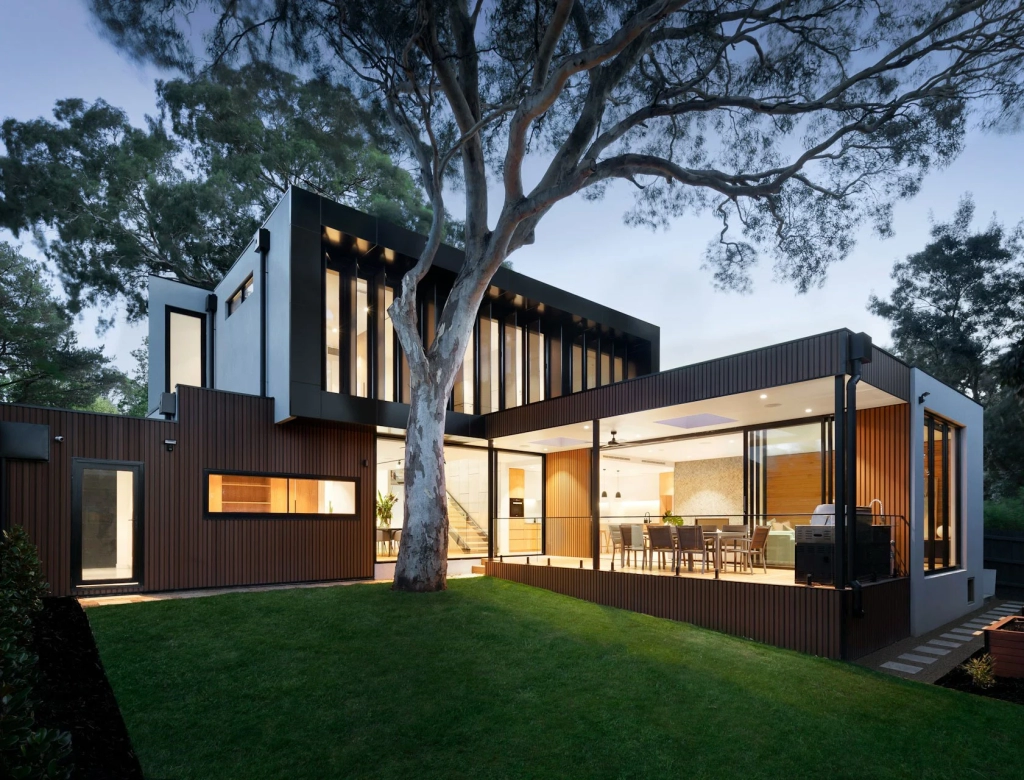
A Step-by-Step Guide to Buying a House in London
Step 1: Begin Your Search
Head over to Zoopla right now and start your search! It takes time to get familiar with the London property market and your own priorities. We only found our dream house after viewing nearly 50 properties, and others have reported viewing around 40. The more specific your criteria, the longer you may spend searching listings, but you may also find the right property after just a few viewings.
Here are some handy tips:
- Note down your favorite properties and their details in a Google Sheet for easy reference. This makes it much easier to compare your viewing history against your latest criteria as you update them. For example, if you’ve set a minimum property size of 80 square meters, do any of the places you’ve viewed or initially liked still meet this condition? It may seem like a lot of work to write all this down, but in our experience, it’s worth the effort in the end as it forces you to look at all property details critically and objectively.
You’ll be easily swayed by beautiful photos, especially at the beginning! But you’ll eventually realize which criteria are truly important to you, and viewing properties that don’t meet those criteria is a waste of time and opportunity.
you can check our new properties here!
Suggested details to track for each property:
- Viewing date
- Zoopla link
- Postcode
- Address
- Agent name
- Price
- Price description (above asking price, guide price, etc.)
- Freehold/Leasehold
- Number of bedrooms
- Size (square meters or square feet, whichever you prefer)
- Nearest tube station (in miles)
- Nearest tube station name
- Date first listed
- Date last sold
- Distance to and Ofsted rating of nearest primary school
If you plan to have children in the future, this is important, but even for those with no family plans, being in a good school catchment area increases the value of your home and makes it easier to sell later! I’ve attached an example template here (you can copy it to get started).
Also consider other factors that are important to you and make sure to add them to the list so that you can evaluate and compare all potential homes equally.

Once you have a final list of homes you are interested in, contact the agencies to schedule viewings. Be sure to review them again to prioritize them!
Prioritizing your favorite homes is important because the housing market can move quickly, and delaying a viewing for even a few days can sometimes mean that the house has gone under contract before you have a chance to see it.
Here are some additional tips for prioritizing your home viewings:
- Consider your budget. How much can you afford to buy home in London? Make sure to factor in the cost of closing costs, homeowners insurance, and property taxes.
- Think about your must-haves and dealbreakers. What features are absolutely essential to you in a home? What are you willing to compromise on?
- Consider your lifestyle. Do you need a lot of space for a family or pets? Do you need to be close to work or school? Do you enjoy being in a walkable neighborhood?
- Get a feel for the neighborhood. Drive around the area and visit local shops and restaurants. Talk to people who live in the neighborhood to get their perspective.
- Trust your gut. If you don’t feel good about a house, don’t buy it. There are plenty of other fish in the sea!
By following these tips, you can make sure that you are prioritizing your home viewings wisely and that you are one step closer to finding your dream home.
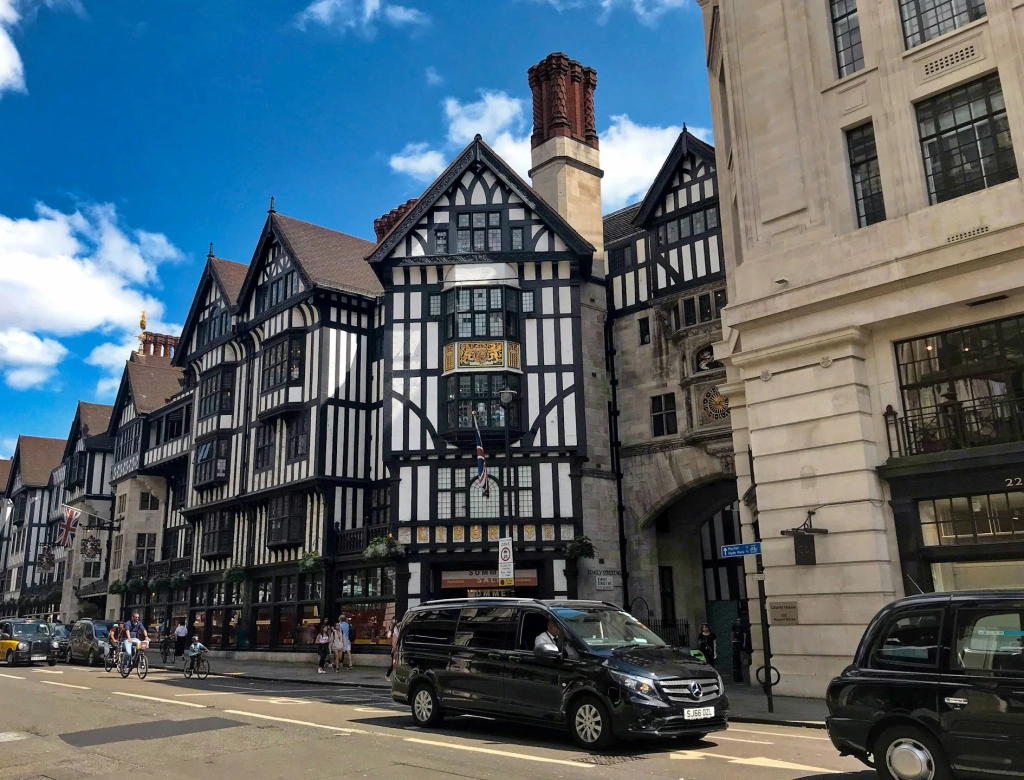
Step 2 – Getting ready to make an offer
You want to make sure that when you find your dream home, everything is in place on your side so that you can make an offer as quickly as possible and move forward if it is accepted. Here is a checklist of things you can do before making an offer on a house:
2.1 Get an agreement in principle (and mortgage advice)
An agreement in principle (or also known as a “mortgage commitment”). This is a document from a lender who has assessed your situation and made a kind of promise that they can lend you a specified amount. When you make an offer on a house, sometimes the estate agent will ask for this document. Having it will definitely increase your chances of your offer being accepted as your offer will be taken more seriously by the seller as you have this bank document supporting you. We applied online through Lloyds to get an idea of how much we could borrow (to help with our house hunting), the results came back within minutes!
I would also recommend that you use a mortgage broker/financial advisor to get a real mortgage in the meantime and once you have decided on one, apply for an agreement in principle with them as soon as possible. This will make it easier to apply for the actual mortgage once your offer on a house has been accepted.
Note: Mortgage broker fees vary. Some work for banks and so offer you “free” advice (they get paid by the bank for the referral). Others are independent and so may charge a fee of around £400 once your mortgage is approved (this means you can still ask them for any advice before then and it won’t cost you anything if you decide not to go through them for the mortgage).
We worked with a mortgage broker from Dehavilland as she was recommended through a family friend. I think their fee was £395 but it was worth it. She was very helpful with any questions we had.
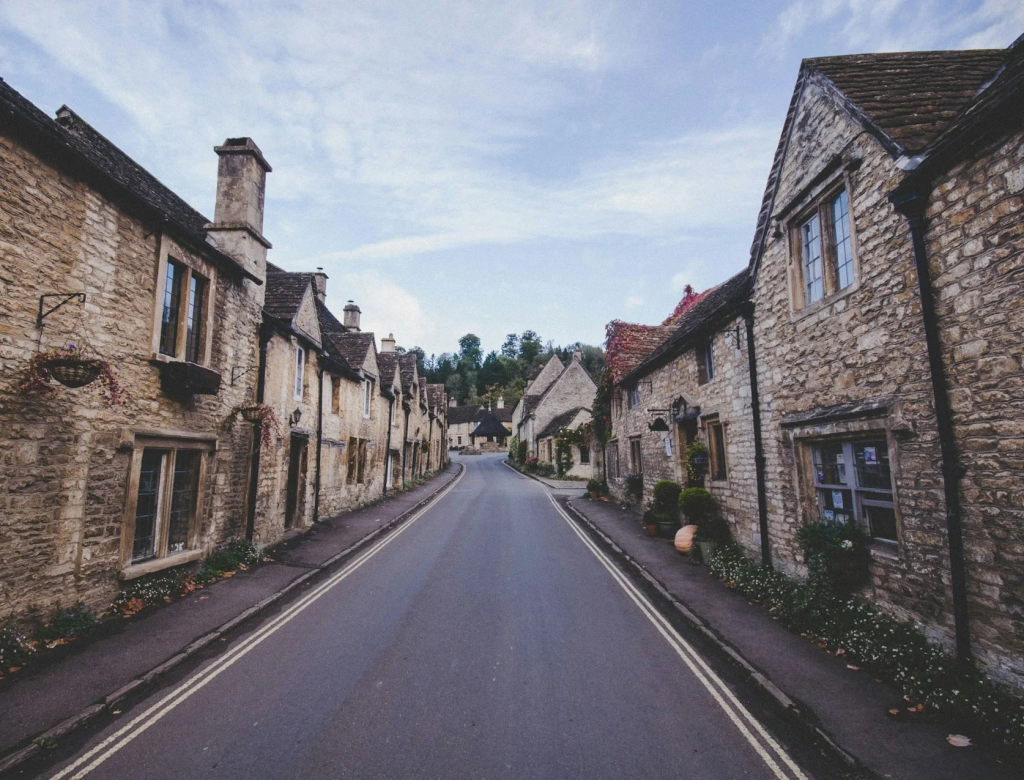
2.2 Sort out your finances
An agreement in principle will give you an idea of the value of the house you can afford. Speaking to a mortgage broker will give you an idea of the true monthly costs of that house (you can also use online calculators for this).
Factors that determine the monthly cost of a mortgage
Assuming you choose a repayment mortgage (which is the most common):
- The value of the house (obviously)
- The percentage deposit. They usually show this as an LTV (Loan to Value)
The higher the deposit, the lower the monthly mortgage repayments will be. For example, if you buy a house for £200,000 with a 10% deposit (£20,000), your LTV would be 90% and your monthly repayments would be around £800. If you put down a 20% deposit (£40,000), your LTV would be 80% and your monthly repayments would be around £650.
You will also need to factor in other costs such as council tax, buildings insurance, and maintenance costs when working out how much you can afford to spend on a house each month.
It is a good idea to get a quote for buildings insurance before you make an offer on a house as you will need to have this in place before you can move in. You can get quotes online or from a comparison website.
2.3 Get your finances in order
Before you start looking for a house, it is important to get your finances in order. This means checking your credit score and making sure you have a good savings history. You should also get a mortgage in principle from a lender. This will give you an idea of how much you can borrow and will make you a more attractive buyer to sellers.
2.4 Find a good estate agent
An estate agent can be a great help when buying a house. They can help you find properties that match your criteria, negotiate with sellers, and guide you through the buying process. It is important to choose an estate agent that you trust and who has a good reputation.
2.5 Be prepared to move quickly
In a competitive market, you may need to be prepared to move quickly if you find a house you like. This means having your finances in order and being able to make a quick decision on whether or not to make an offer.
2.6 Be prepared to negotiate
It is unlikely that you will get the first house you offer on for the asking price. Be prepared to negotiate with the seller to get a price that you are both happy with.
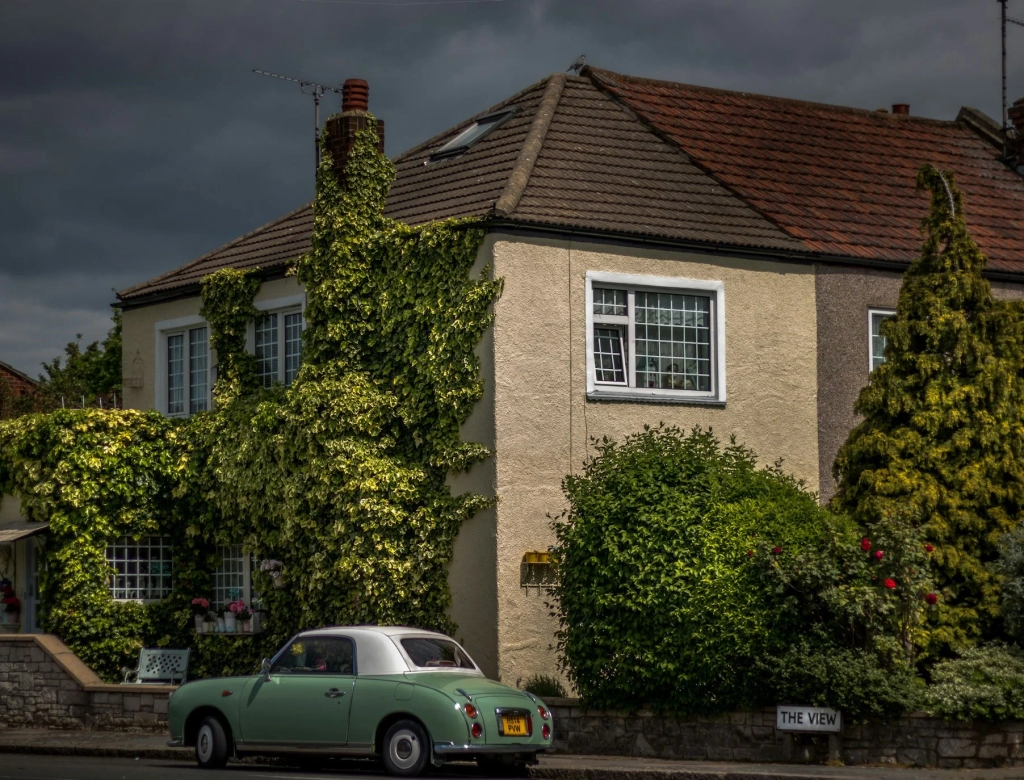
2.7 Don’t fall in love with a house
It is important to stay objective when looking for a house. Don’t let your emotions get the better of you and fall in love with a house that is not right for you.
LTV (Loan to Value)
LTV stands for “Loan to Value”. This means that if you put down a 10% deposit, your LTV is 90% (i.e. you are borrowing 90% of the value of your house).
Interest rate
The lower the LTV (so the higher your deposit), the better the interest rate you will get. This usually changes every 5%. So for example, whether you put down a 10%, 11% or 14% deposit will make no difference, but at 15% you will get a better (lower) interest rate.
Repayment term
Usually 25 years, but you can extend this to 30 years for example. A longer repayment term will give you a slightly better interest rate and lower monthly payments, but it will obviously take you 5 more years to pay off your mortgage. This means 5 more years of interest, so it will cost you more in the long run. We chose a 30 year repayment term because we prefer to have more breathing room on our monthly payments, even if it means paying more in total at the end of the term.
Fixed term
This is the length of time you sign up for with this particular lender – think of it like mobile phone contracts! During this time, your interest rate is fixed at a certain rate, after which it will move to a variable rate (which is likely to be higher).
The process of getting a mortgage in the UK
Similar to buying a phone and internet plan, people often start looking for a new mortgage with a lower interest rate for the next period before their current fixed-rate period ends. The longer the fixed-rate period, the higher the interest rate will be (but still lower than the floating rate).
Another thing to be aware of is that if you pay off your entire mortgage during the fixed term (for example, because you sell your house), you may have to pay a penalty fee (this fee varies depending on the lender and the type of mortgage). This penalty can be between 1% and 5% of the remaining value of the mortgage. So, this is another reason why people may not want to fix their interest rate for too long (we chose a 2-year fixed term).
When talking to your mortgage broker, play around with these numbers and ask them to give you interest rates and monthly repayment costs for different scenarios so that you can make an informed decision.
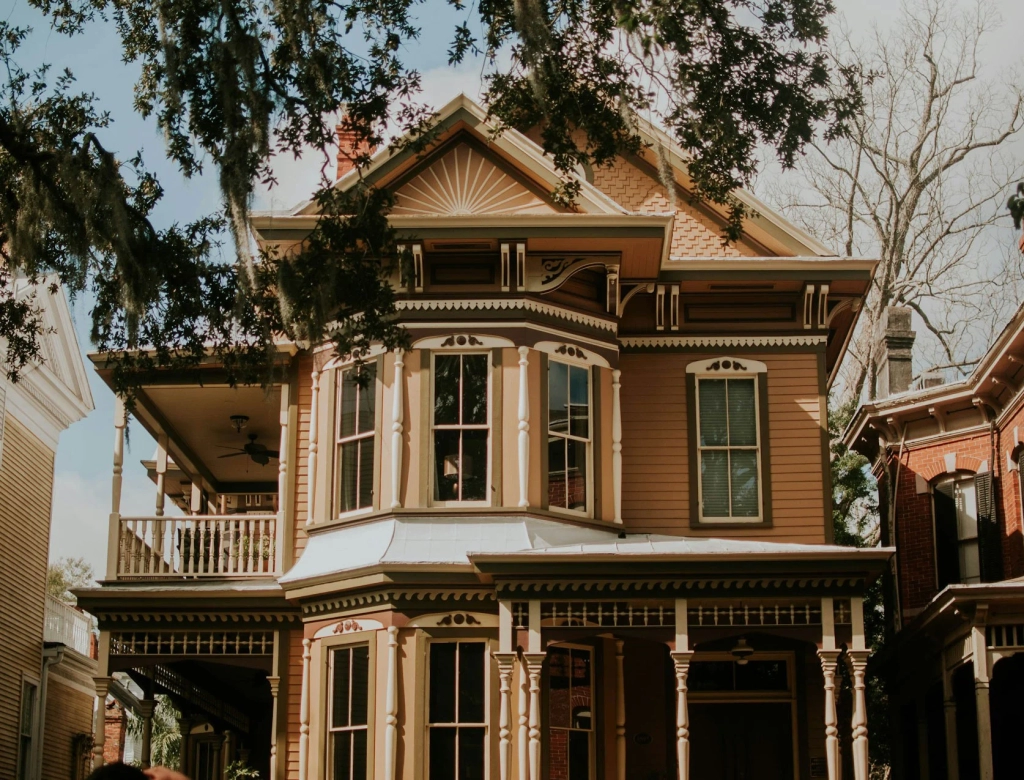
There are also additional costs
While you are borrowing against the value of your home, there are also other additional costs that you need to budget for. These include the following and you will have to pay them upfront and out of your own pocket when you buy the house.
You should budget for around £6,500 to £11,000 to cover these additional fees on top of your deposit, but you won’t need to pay them until you exchange contracts. This is usually 4-6 months or more away.
Deposit: At least 10% of the property value, but some lenders may require 15% or more depending on the value of the property. As mentioned previously, you will typically get a better interest rate for every 5% increase in your deposit, so saving for a larger deposit is definitely worth it if possible.
Stamp Duty: You will get a discount if you are a first-time buyer, depending on the value of the property. Up to £300,000 – Stamp Duty 0% = £0 Hooray! £300,001 to £500,000 – Discounted Stamp Duty. It depends on the value of the property, see here (“after the budget paper”) to calculate the price. I would say to budget around £4,000 to £8,000 for a property between £350k and £450k. Over £500,000 you get no discount. Even if it’s by a penny, as a first-time buyer, I would say stay under £500k as the increase in Stamp Duty is significant!
Survey fees: Around £500 to £700, the price varies depending on the quality of the survey report.
Total solicitor’s fees: Around £2,000 (this includes disbursements, search fees, solicitor’s fees etc.).
Mortgage fees: Around £700 to £1,100.
Valuation fee: £200 (you can sometimes find deals with free valuations).
Lender arrangement fee: £1500 (you may be able to find a better deal). In our case, we received £1000 cash back as part of the deal, so it came off the total cost a bit.
dditional Costs Before Starting Budgeting for Home Decorating
Mortgage Broker Fee (Optional): £395
Reminder: It may seem daunting to see all of these additional costs (before you’ve even started budgeting for decorating your home), but don’t worry too much! You won’t need to pay all of these upfront as soon as your offer on the house is accepted. It could be 4-6 months (sometimes even longer) until you actually exchange contracts and have to pay all of these fees, so you can save up some extra money in the meantime.
The Most Important Cost: The Deposit
The most important cost that you’ll need to be prepared for is the deposit, as you’ll need to have this ready when you apply for your mortgage (after your offer is accepted).
2.3 Get Your Documents Ready
When you start your mortgage application, they will need a lot of information and documents from you. It’s best to start gathering these together now so you know what to expect!
For some documents, like proof of address and bank statements, they will need to be very recent, i.e. less than 3 months old. So, it’s not necessarily efficient to start gathering these right away.
Note: I’m not sure if there are any additional or different requirements if you’re self-employed!
- Passport
- Proof of address
- Experian Credit Report: I don’t think all mortgage lenders require this report, but it’s still a good idea to check your credit score on this website and see how you can improve it.
- Bank statements for the past 3 months
- Proof of deposit: Which will be bank statements for the past 3 months from the account you’re saving your deposit in. They need to see where the money came from and that it’s been in your account for at least 3 months.
- If some of your deposit is coming directly from a parent’s account (or any other benefactor you may have), they will need to provide a letter stating that they are gifting you the money, and they will also need to provide bank statements for the past 3 months from the account the deposit came from.
- Latest P60 form
- Payslips for the past 3 months
Here’s an example form that we had to fill out, just for any potential extra details they may ask for during the application. This form included:
- 3 years’ address history: Which can be a bit of a pain if you’ve moved around a lot in that time!
- Details of your monthly outgoings: Doing a thorough monthly budget plan is definitely worth it anyway! See the screenshot from the relevant part of the form to get an idea of the kind of expenses you’ll need to consider.
Finally, as this document asked about insurance, we decided to get income protection insurance and life insurance, but you’ll start that after you exchange contracts. I don’t know if this affects your chances of getting a mortgage, but it’s good for peace of mind anyway!
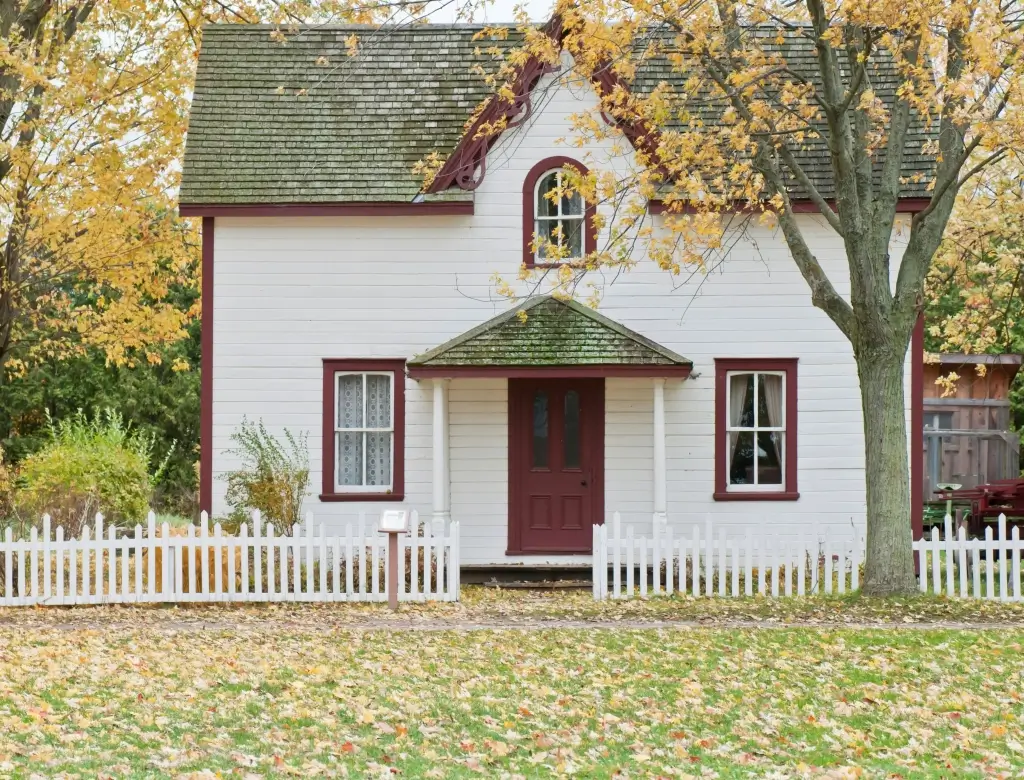
2.4 Choose a conveyancer (or solicitor)
As soon as your offer on a house is accepted (and you start the actual process of applying for a mortgage etc), you will need a conveyancer.
Conveyancing is the legal term for transferring ownership of property, whether you are buying or selling.
A solicitor or licensed conveyancer will do the following:
- Deal with contracts
- Provide legal advice
- Carry out local authority searches
- Deal with the Land Registry
- Transfer money for buying your property.
This is an important role, so choose carefully.
Solicitors are usually more expensive than conveyancers and are fully qualified lawyers, so they can provide a wider range of legal services.
Conveyancers are licensed in the field of conveyancing but cannot deal with complex legal issues.
We went with Rotherham solicitors who were recommended to us by a friend and we were very happy with their service. When your offer is accepted it’s another long process and it was very reassuring to have a trusted solicitor on our side.
Step 3 – Making an offer
When you’re ready to make an offer, a few things:
- See how long the property has been on the market (whether you can offer below the asking price or not)
Don’t be disheartened if your offer isn’t accepted the first few times! It probably won’t be, and I think it’s a more valuable experience to put in a few low offers and adjust them based on the situation than to overpay out of excitement and end up paying too much the first time around. You might fall in love with a house, but you really need to try to maintain a healthy mental perspective!
Whether you can offer below or need to offer more really depends on the current market conditions. You’ll need to get a feel for it (so just get out there and do it!)
If you’re a first-time buyer – and therefore “chain-free” – this is very attractive to sellers. The highest offer on our house was actually £5,000 more, but our seller preferred us as first-time buyers.
Chain-free means you’re not trying to sell another property at the same time as buying this one. This means you’re either a first-time buyer or a cash buyer. As you can imagine, a chain can get quite long with multiple parties involved and at any point the chain could collapse and the sale fall through!
Key tip (this won’t win us any prizes!) – don’t round your offer up to the nearest thousand! Add a weird random number, because someone else is probably going to offer the same price, and those few extra pounds and pence you randomly added could make all the difference.